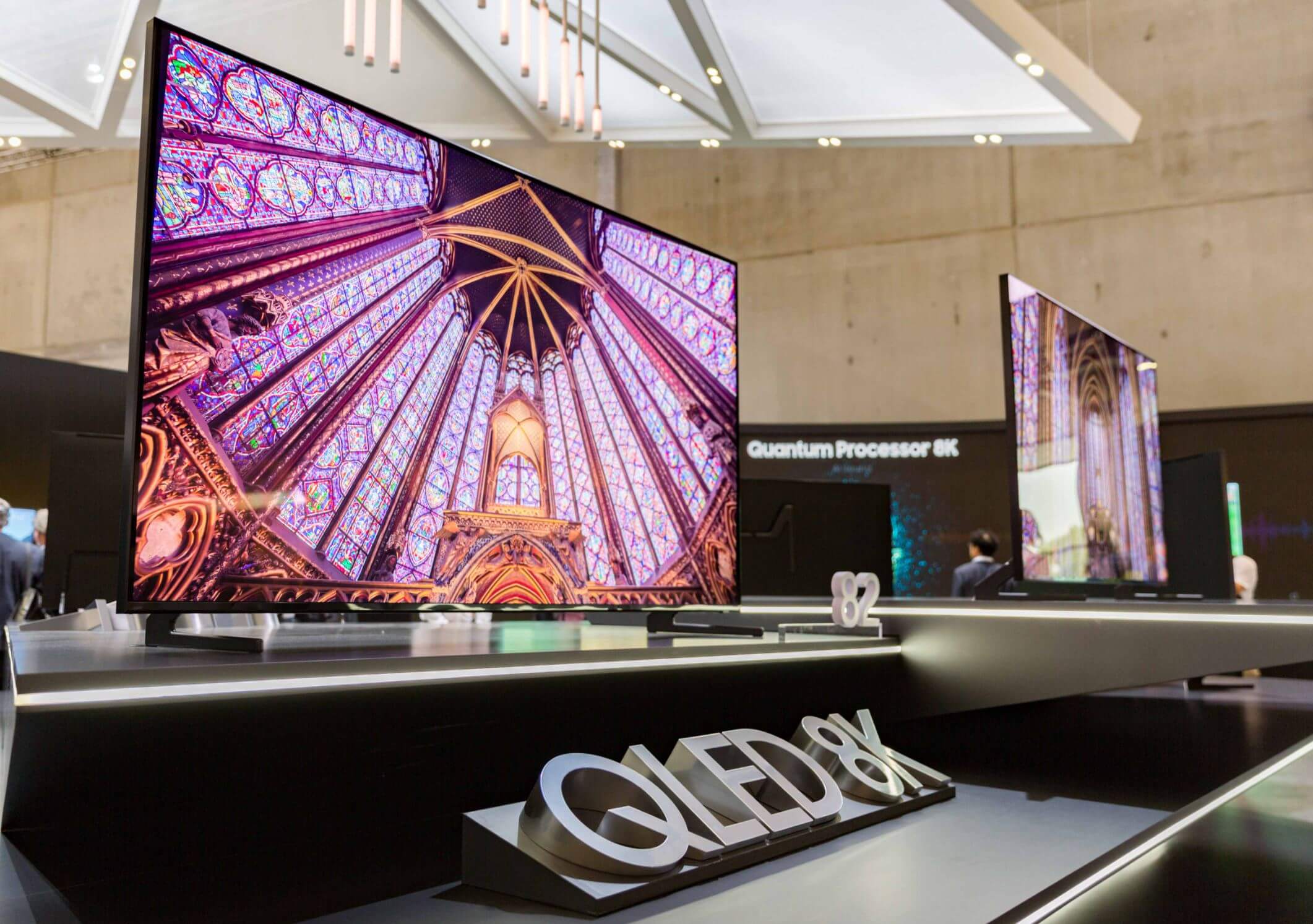Facepalm: Tech giants cheating on benchmarks is something we've seen plenty of times. Samsung has allegedly done it with their phones twice in the past and has now been accused of doing it again; on this occasion, it's the company's TVs at the center of the controversy.
YouTube channel HDTVTest was the first to highlight a potential cheating issue in Samsung's S95B QD-OLED TV. It appears this wasn't an isolated incident as FlatpanelsHD found the same discrepancy on the Samsung QN95B Neo QLED LCD TV.
The problem boils down to the familiar accusation of Samsung using an algorithm to detect when benchmarking software was running and adjusting its TVs accordingly. In this case, the colors were changed to make them more accurate, and the luminance was boosted by a massive 80%. According to FlatpanelsHD, the Neo QLED TV wouldn't be able to sustain this brightness level without damaging the backlight panel. The ultimate goal of this sort of thing is to make the televisions look better in the reviews than they really are.
Samsung apparently took advantage of industry-standard benchmarking tools to enable its cheating. The software tests HDR TVs by analyzing 10% of the screen. When FlatpanelsHD changed this size to 9%, it was able to evade the alleged algorithm and get an accurate reading.
Samsung Electronics told The Register that it "does not use any algorithm for the purpose of yielding specific test results." It added that its own independent third-party tests "show that HDR content is accurately displayed on various window sizes, and not just at 10%," and that similar peak brightness levels can be maintained across window sizes without damaging the panel.
Contradicting that message somewhat was Samsung South Korea's statement to FlatpanelsHD. It promised to "provide a software update that ensures consistent brightness of HDR contents across a wider range of window size beyond the industry standard."
Samsung was accused of cheating with the Galaxy Note 3 phone benchmarks in 2013 and did the same with the Galaxy S4. The latter led to a class-action lawsuit that it settled for $13.4 million, or around $10 per owner, in 2019.
Samsung isn't the only one engaging in these sort of shenanigans. Many companies, especially Android device makers such as OnePlus and HTC, have been accused of benchmark cheating. Both MediaTek and Huawei brushed off the practice when they were caught by saying everyone does it.
